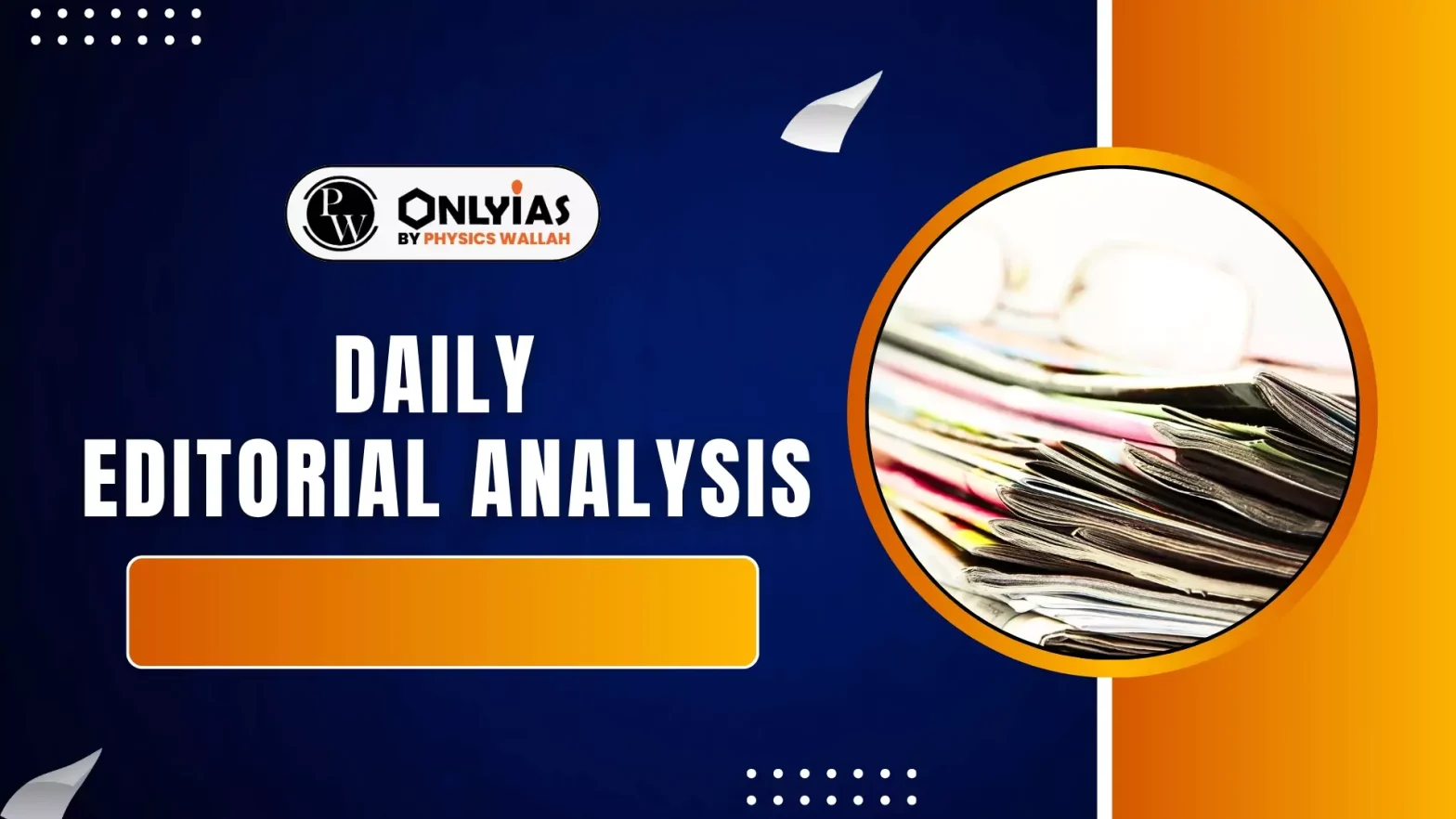The Election Commission of India (ECI) has initiated steps to de-list 345 Registered Unrecognised Political Parties (RUPPs) that have not contested elections in the last six years
About Registered Unrecognised Political Parties (RUPPs)
- These are political organizations that are officially registered with the Election Commission of India (ECI) under Section 29A of the Representation of the People Act, 1951, but do not meet the criteria to be recognised as either State or National parties.
- Unlike recognised parties, RUPPs do not receive:
- A reserved election symbol,
- Free copies of electoral rolls,
- Broadcast/telecast slots on Doordarshan or Akashvani,
- Subsidized land or office space,
- The provision to nominate up to 40 star campaigners
Benefits Enjoyed by RUPPs
- Tax Exemption: Under Section 13A of the Income Tax Act, 1961.
- Election Symbol: Allowed to choose from a pool of free symbols (as per the Election Symbols (Reservation and Allotment) Order, 1968) by submitting 10 preferred options.
- Campaign Leverage: Can nominate 20 star campaigners for election campaigns.
Financial Transparency Requirements
- Must disclose individual donors donating above ₹20,000 annually (Section 29C of RP Act).
- Donations over ₹2,000 must be via cheque/bank transfer.
- Non-compliance results in loss of tax exemption.
What are Registered Political Parties ?
- Legal Framework: Section 29A of the Representation of the People Act, 1951 (RP Act) lays down conditions for political party registration with the ECI.
- A party must submit its memorandum/constitution to the ECI within 30 days of formation.
- The document must affirm allegiance to Constitution of India, Principles of socialism, secularism, democracy, Sovereignty, unity, and integrity of India,
- ECI ensures internal democracy (e.g., periodic elections for office bearers).
- Post-Approval Status: These are registered as Registered Unrecognised Political Parties (RUPPs).
Criteria for Recognition of Political Party
A party is recognised as a state party in a particular state if it meets:
- Wins at least 6% of the valid votes in the most recent State Assembly election and secures at least 2 MLAs,
OR
- Secures 6% of valid votes in the most recent Lok Sabha election from that state and wins at least 1 MP,
OR
- Wins at least 3% of total Assembly seats or 3 seats, whichever is higher,
OR
- Has one MP for every 25 Lok Sabha seats allocated to that state,
OR
- Gains at least 8% of the total valid votes in the last Assembly or Lok Sabha election in the state.
A political party is granted national party status if it meets:
- It is recognised as a state party in at least four states,
OR
- It secures at least 6% of valid votes in four or more states in the previous Lok Sabha or Assembly elections and wins at least four seats in the Lok Sabha,
OR
- It wins at least 2% of the total Lok Sabha seats, with elected MPs from at least three different states.
Current Issue
- Numbers: As of May 2025, India has over 2,800 RUPPs, but only around 750 contested in the 2024 general elections.
- ‘Letter Pad’ Parties: Many exist only on paper, raising red flags for tax misuse and fraudulent activities.
- Misuse of Tax Exemptions: Many RUPPs exploit Section 13A of the Income Tax Act to claim tax benefits despite having no electoral participation, effectively misusing provisions intended for active political entities.
- Internal Democracy Concerns: Inner-party elections and transparency lacking in many parties.
- Legal Constraints:
- ECI has no explicit power to de-register a party under the RP Act.
- Supreme Court (2002, Indian National Congress vs. Institute of Social Welfare & Ors): ECI can only de-register in exceptional cases.
- Existing Gaps: RP Act lacks de-registration provisions for:
-
- Not contesting elections
- Not holding inner-party elections
- Not submitting financial reports
Recommendations
- Law Commission’s 255th Report (2015): Recommended deregistration if a party fails to contest elections for 10 years.
- ECI’s 2016 Reform Proposal: Suggested RP Act amendment to empower it with de-registration authority.
- The Law Commission (170th and 255th Reports) recommended embedding internal democracy provisions within the RP Act.
![]() 1 Jul 2025
1 Jul 2025
